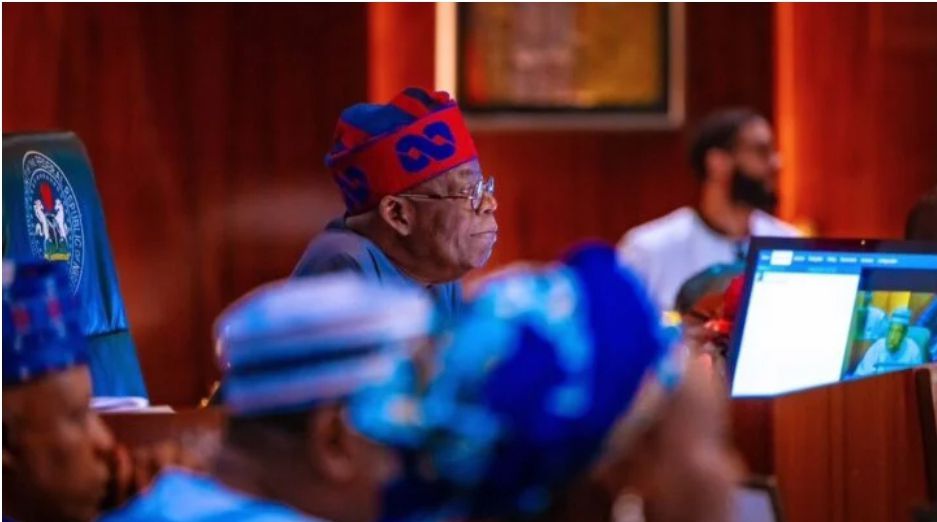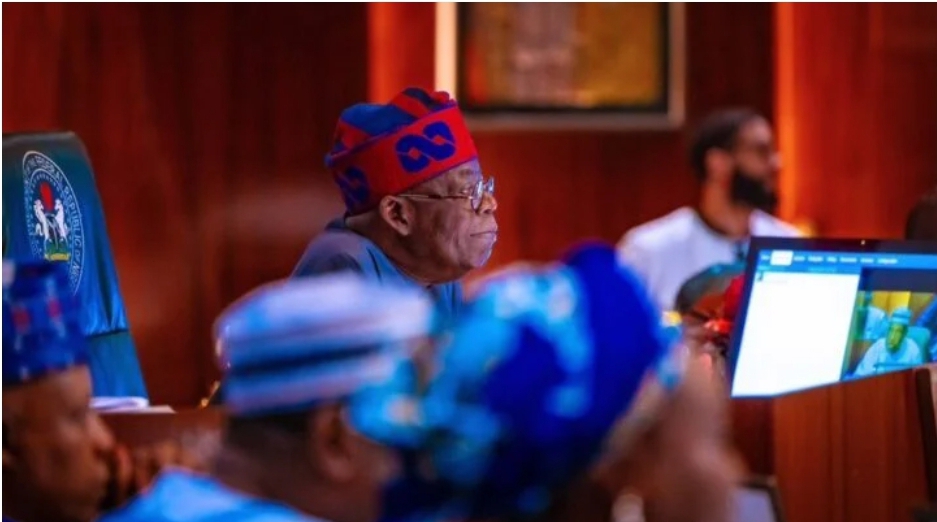
The Federal Executive Council (FEC) has approved N4.8 billion for the procurement of HIV treatment packs to support Nigerians living with HIV/AIDS. This funding comes as part of efforts to ensure uninterrupted treatment access, especially after a temporary pause in international funding.
Nigeria has long relied on external support, particularly from the U.S. President’s Emergency Plan for AIDS Relief (PEPFAR), to sustain its HIV response. However, this latest move signals a shift towards greater domestic financing of health interventions.
According to Ali Pate, Minister of Health and Social Welfare, the funds will be used to procure 150,000 treatment packs over four months, reinforcing Nigeria’s commitment to health security and self-reliance.
“This allocation is critical for ensuring that those living with HIV continue to receive necessary treatments without interruption,” Pate stated.
To ensure long-term sustainability, the FEC has also established a committee comprising representatives from key ministries—including Finance, Budget, Defence, and Environment—alongside the Nigeria Governors Forum (NGF). This body will develop strategies for financing future health programs without excessive dependence on foreign aid.
In addition to the HIV treatment approval, the FEC has also endorsed the HOPE (Human Capital Opportunities for Prosperity and Equity) Programme, a $1 billion initiative aimed at improving governance and strengthening primary healthcare systems nationwide.
With $500 million allocated for governance reforms and another $500 million dedicated to primary healthcare improvements, the programme aligns with the administration’s Renewed Hope Agenda, prioritizing human capital development.
“The governance component will support states in recruiting and training teachers and healthcare workers, while the healthcare portion will enhance service delivery, improve quality, and boost resilience,” Pate explained.
These developments reflect Nigeria’s growing focus on self-sufficiency in healthcare financing, ensuring that essential treatments and services remain accessible to all citizens.
Follow Globaltrust.ng for more stories.





